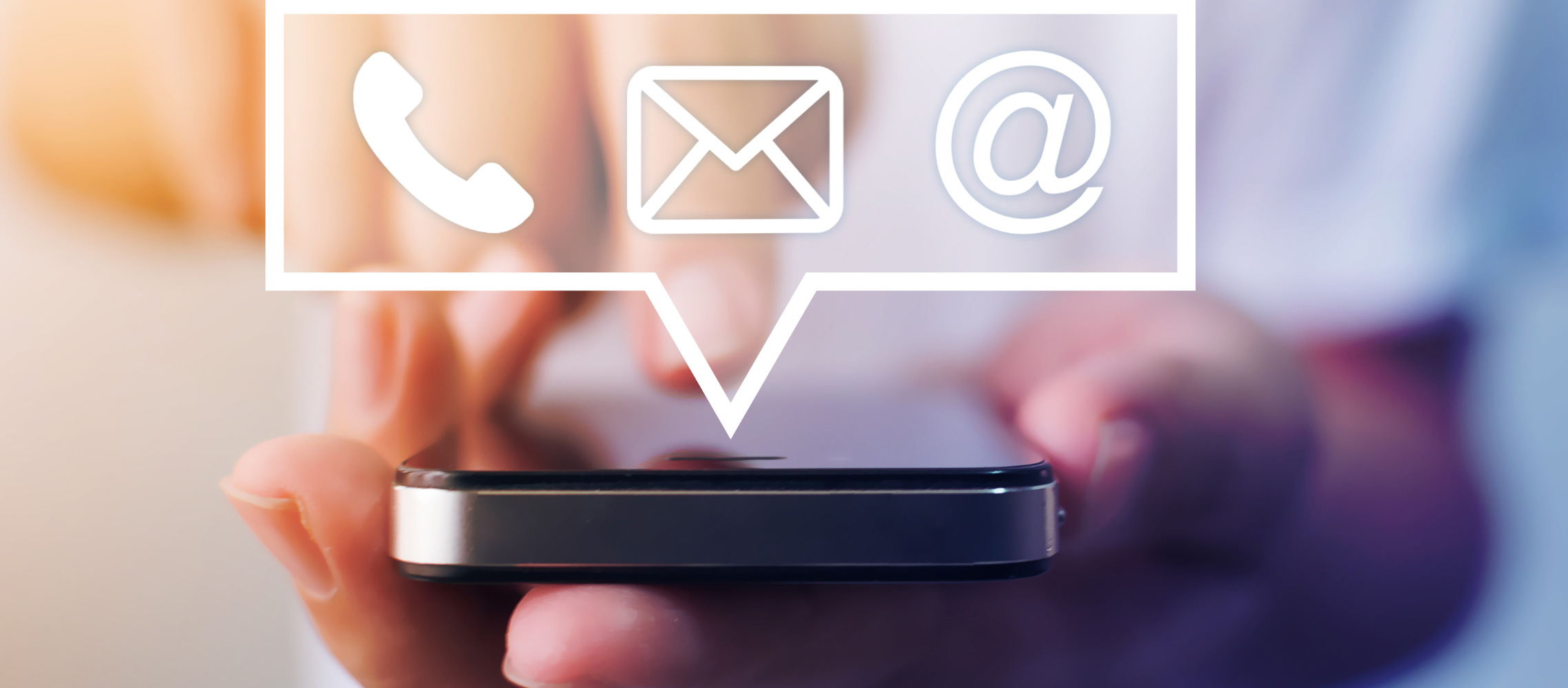Why Your Bank Needs Updated Contact Information
Reading time: 5 Minutes
May 28th, 2024
Anytime you get a new phone number or move and change addresses, there is a seemingly endless list of people and companies you need to inform, from friends and family to your employers, healthcare providers, and utility companies. However, there's another essential organization to keep up-to-date on your latest contact information: your bank.
It might be easy to assume that as long as you still have access to your debit card, credit card, and mobile banking app, then your bank doesn't necessarily need your most current name, phone number, mailing address, or email address. But if your bank doesn't have the most accurate and reliable means of contacting you, then you could be missing out on perks or inadvertently risking your account safety. Here are three important reasons you should update your contact information if you haven't done so recently:
1. To protect against fraud
If there are suspicious purchases on your debit or credit card or if someone is attempting to commit identity fraud or a cybersecurity attack, your bank may contact you via text, email, or regular mail to alert you that someone unauthorized is using your account. If your contact information is out-of-date, these fraud alerts may not reach you.
2. To receive financial information safely and confidentially
If your bank is sending you important financial documents online or by mail, such as monthly account statements or tax notices, it's important that these materials arrive at your current email or mailing addresses. This is especially true for printed documents; if financial info arrives at an old physical address where you no longer live, it could end up in the wrong hands. (Keep in mind that the U.S. Postal Service does not forward bank-related mail!) An easy way to prevent identity theft or possible scams from happening is by updating your contact information.
3. To receive important reminders and updates on a timely basis
Your bank will often send you a variety of notices via email or physical mail, including legal updates about the bank or your account, payment reminders on loans or credit cards, and information on overdraft fees (here's how you can learn about overdrafts and overdraft fees). Your bank will also likely mail you new debit or credit cards as previous cards expire. To ensure that you receive these notices in a timely manner—and to avoid any possible late fees or penalties—your banking institution needs to have a working phone number, email address, or mailing address for you on file.
How to update your contact information
It's easy to update your personal contact information with Bank of Hawaii. Log into your account online to review the information we have on file for you and make any changes, or call our 24/7 self-service line at 808-643-3888 to manage your account at any time. You can also visit your nearest Bank of Hawaii branch during business hours; with more than 35 locations across Hawaii, Guam, Saipan and Palau, it's easy to find the closest branch nearest you. Visit our location finder for a full list of Bank of Hawaii locations.
Remember that Bank of Hawaii will never contact you to ask for your personal information, such as account credentials, passwords, PIN, or one-time banking passcodes sent to your phone. If you're a Bank of Hawaii customer and you believe you are a victim of a financial scam, immediately contact BOH through boh.com/security or 808-643-3888 to report unauthorized transactions.
You're about to exit BOH.com
Links to other sites are provided as a service to you by Bank of Hawaii. These other sites are neither owned nor maintained by Bank of Hawaii. Bank of Hawaii shall not be responsible for the content and/or accuracy of any information contained in these other sites or for the personal or credit card information you provide to these sites.




